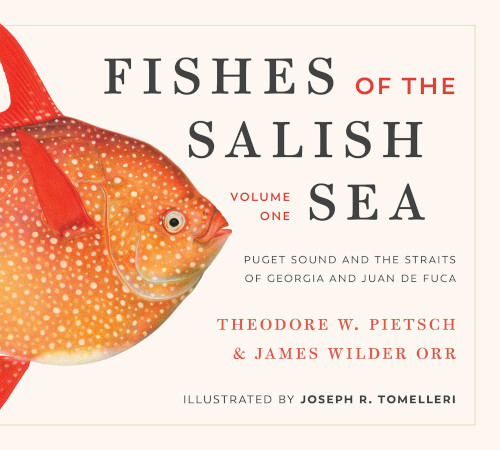SUBSCRIBE TO THE FREE NEWSLETTER
A poet’s protest against the pipeline
Tomorrow, the Canadian government will announce whether it plans to move forward with the controversial Trans Mountain pipeline across British Columbia, which would increase tanker traffic seven times over in the Salish Sea, potentially endanger salmon and orcas, and would exacerbate the current climate crisis. For more news related to the pipeline, see our curated news & arts list below.
And to hear from some of the impassioned protesters who have been working for seven years to prevent this ecological disaster, read poet Danika Dinsmore’s “House Arrest,” about her arrest and sentencing for an act of civil disobedience against the pipeline:
“When it’s my turn, I look the judge in the eyes as my lawyer told me to. I’m calm. Years of being a performance poet support my voice. I am surprised that he also looks me in the eyes as I read. I am surprised to see that he is listening.”
Read the essay online here.
As pipeline decision nears, concern about “man camps”
Tomorrow, Canada’s federal government will make an announcement about whether it will proceed with expanding the Trans Mountain pipeline across British Columbia. In response The Tyee has a fantastic, disturbing feature about murdered Indigenous women in BC, and why the RCMP seems to be more focused on arresting protesters than solving cases of abuse and murder, many of which are connected to temporary “man camps” for pipeline construction. Kamloops This Week profiles a former Tk’emlups chief who’s leading an Indigenous effort to purchase the pipeline, the Star Vancouver interviews residents of West Vancouver who are leading an unlikely anti-pipeline campaign, and the Calgary Herald notes that trains full of pipe parts are rolling into Alberta, hinting that approval is imminent.
Victory for Colville tribe over mining company
The Inlander reports on a recent US Supreme Court decision that affirmed that the Canadian mining company Teck Minerals must pay the Colville Tribe damages for pollution of the Upper Columbia River. In related news, The Narwhal looks at the coalition of environmental groups, government leaders and Indigenous nations opposed to a new BC mine near the headwaters of the Skagit River.
“It would be hard to imagine a worse place for a mine than the Skagit Headwaters or a mine company with a worse record to be involved than Imperial Metals,” said one environmentalist.
To send a message to BC premier John Horgan opposing the proposed mine, visit www.savetheskagit.ca.
Court rejects ruling in Oregon LGBTQ case over wedding cake
The US Supreme Court threw out a ruling against an Oregon baker who refused to make a wedding cake for a same-sex couple, sending the case back to local courts, in a setback for human rights. In related news, Vancouver’s Queer Arts Festival is underway and Vancouver Courier has its picks for five don’t-miss events.
Turning the fish of the Salish Sea into a work of art
Hannah Weinberger at Crosscut has a superb article about the creation of a 1,032-page book, Fishes of the Salish Sea, Theodore Pietsch and James Orr’s 40-year project to accurately document every species found in Cascadia’s largest inland sea. It’s a wondrous work of art, and you’ll find a sampling of some of the gorgeous hand-painted images that illustrate each species. Meanwhile, BC BookLook profiles a new natural history of sea otters by Richard Ravalli
Symphonies for an endangered planet
Eugene Weekly looks at composers creating symphonies that tackle complex contemporary issues, including climate change and the occupation of Oregon’s Malheur Wildlife Refuge. Among those profiled is Christopher Thomas, a composer based in Bend, Oregon whose Malheur Symphony had its world premiere in a high school auditorium in Burns, Oregon, and is now attracting international attention.
Poetry by Carolyn Wright
Online at Raven Chronicles, read Seattle poet Carolyne Wright’s lovely “The Putting-Off Dance,” about a couple in the Northwest who face impending decisions:
“Humming a blues riff from far inland,
you lay the moon shells I give you
on your table’s little dune of letters
that have piled up for days, unopened
as the bodies of sand dollars…”
Read the full poem here.
That’s tonight’s assortment of news, environmental reporting, arts, and culture from across the Cascadia bioregion. Enjoy your day tomorrow. –Andrew Engelson

